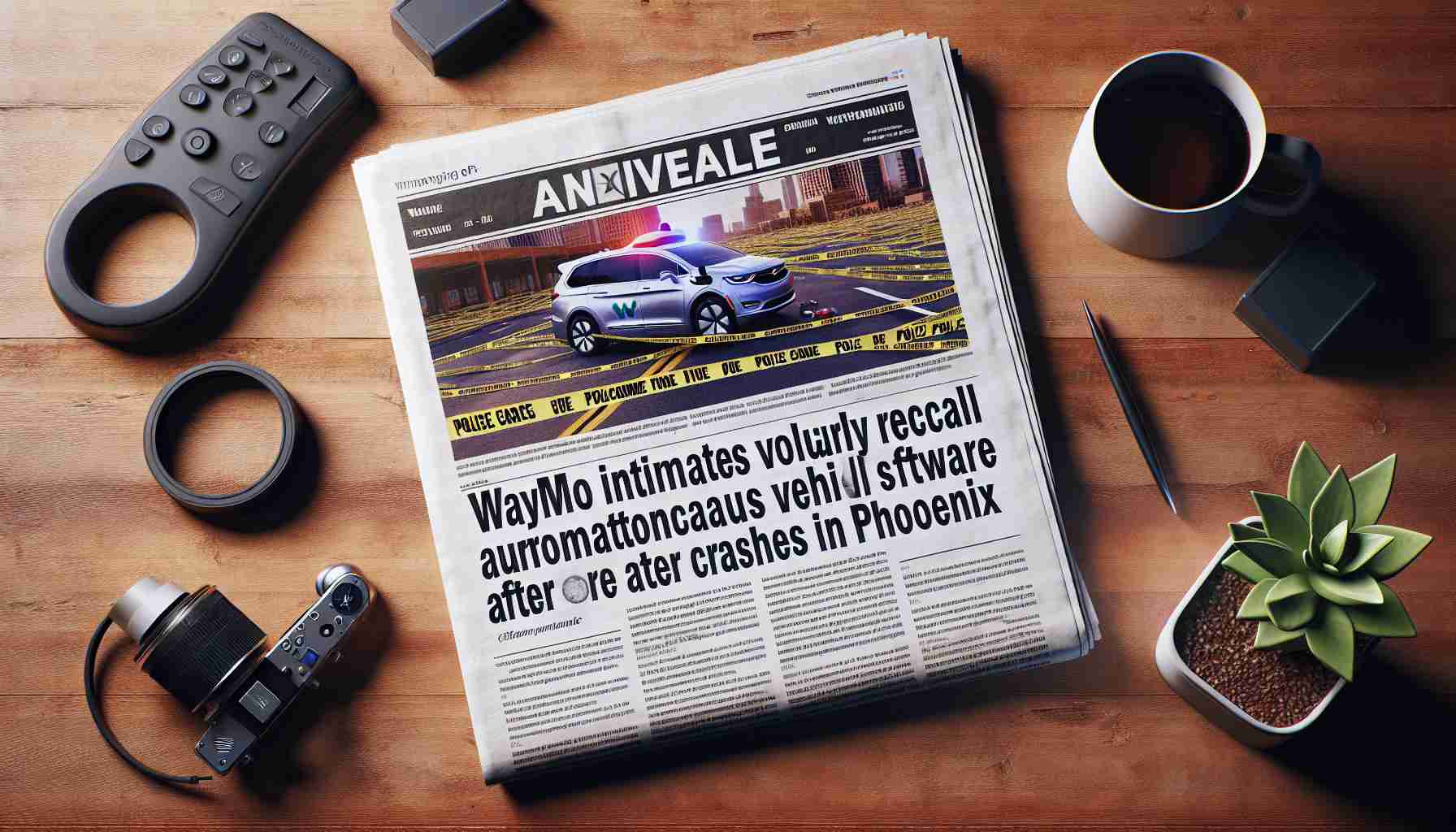Waymo, a leading autonomous vehicle technology company, has taken a proactive step by issuing a voluntary recall of its software following a pair of crashes in Phoenix last December. The recall report was filed with the National Highway Traffic Safety Administration (NHTSA) on February 14.
The crashes involved Waymo’s self-driving vehicles and occurred on December 11, 2023, in Phoenix. In both instances, the Waymo vehicles made contact with a pickup truck that was being improperly towed, resulting in minor damage to the vehicles. Fortunately, no injuries were reported as a result of these incidents.
To address this issue, Waymo promptly updated its software between December 20, 2023, and January 12, 2024. The company’s swift response demonstrates its commitment to ensuring the safe deployment of autonomous vehicle technology.
Waymo actively collaborated with the Phoenix Police Department, the Arizona Department of Public Safety, and the NHTSA following the crashes. By transparently communicating with these authorities, Waymo showcased its dedication to transparency and accountability.
The voluntary recall emphasizes Waymo’s commitment to safety and responsible technological deployment. By proactively addressing any potential issues, Waymo sets a positive example for the industry as a whole. Their actions reflect the company’s responsibility to protect the public and maintain the highest safety standards.
While recalls are traditionally associated with traditional automotive manufacturing, this incident highlights the unique challenges that autonomous vehicle companies face in refining their software and ensuring the utmost safety. Waymo’s voluntary recall serves as a valuable learning experience for the entire industry and underscores the importance of continuous improvement and public trust.
As autonomous vehicle technology evolves, incidents like these will shape the industry’s understanding of safety protocols, software updates, and effective communication with relevant authorities. Waymo’s commitment to transparency and swift action sets a precedent for companies to prioritize public safety above all else, fostering trust and confidence in the future of autonomous vehicles.
FAQ:
Q: Why did Waymo issue a voluntary recall of its software?
A: Waymo issued a voluntary recall of its software following two crashes in Phoenix last December involving its self-driving vehicles. The crashes resulted in minor damage to the vehicles, but no injuries were reported.
Q: When was the recall report filed with the NHTSA?
A: The recall report was filed with the National Highway Traffic Safety Administration (NHTSA) on February 14.
Q: What actions did Waymo take to address the issue?
A: Waymo promptly updated its software between December 20, 2023, and January 12, 2024, to address the issue.
Q: Who did Waymo collaborate with following the crashes?
A: Waymo collaborated with the Phoenix Police Department, the Arizona Department of Public Safety, and the NHTSA following the crashes.
Q: What does the voluntary recall emphasize?
A: The voluntary recall emphasizes Waymo’s commitment to safety and responsible technological deployment. It sets a positive example for the industry as a whole.
Definitions:
Autonomous vehicle technology: Technology that enables vehicles to operate without human intervention.
Voluntary recall: A recall initiated by a company or manufacturer to address potential safety issues in their products.
Software updates: Updates or changes made to the software running on a device or system to improve its performance or address issues.
Transparency: The act of openly sharing information and being clear and accountable in actions and decisions.
Accountability: The state of being responsible and answerable for one’s actions or decisions.
Suggested Related Links:
Waymo (official website)
National Highway Traffic Safety Administration (NHTSA)
The source of the article is from the blog klikeri.rs

